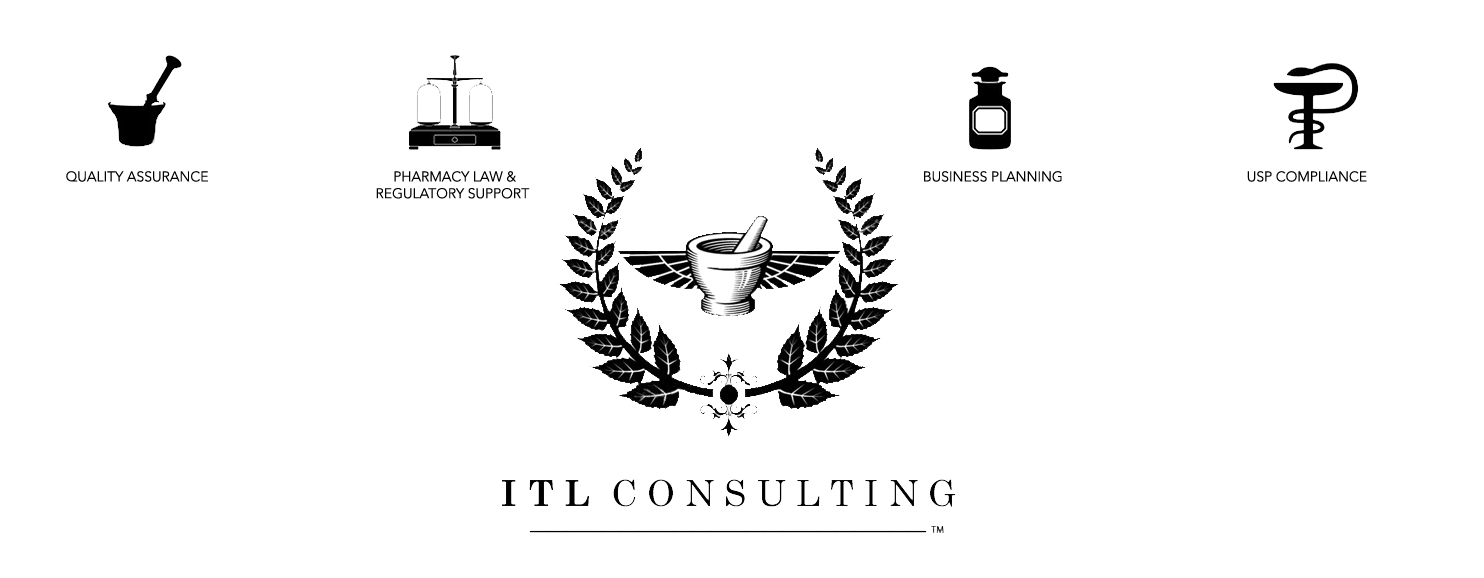As activity reconvenes on Capitol Hill, pharmacy compounding lobbyists continue to engage lawmakers on the latest piece of legislation to come forward. The National Community Pharmacists Association (NCPA) and American Pharmacists Association (APhA) have both announced their support for the Drug Quality and Security Act. However, the professional group whose constituency represents almost exclusively pharmacy compounders, the International Academy of Compounding Pharmacists (IACP), remains stern in their opposition. Both the APhA and NCPA have stated they believe the bill will help protect the public, while also preserving important access to critical compounded medication. While these groups represent far less pharmacy compounders, their rationale for supporting this bill does not seem well developed in its potential outcomes. Here are a couple reasons demonstrating how patient access can be negatively affected under this law.
The American Academy of Ophthalmology (AAO) is the world's largest association of eye physicians and surgeons. Daily, thousands of patients depend on the medication that compounding pharmacies provide for the urgent treatment of eye diseases and conditions. The AAO has come out in support of legislation that lends to the safety of compounded medication, while preserving their access to these sight-saving medications.
"Safe, sterile compounded medications have long been essential tools available to ophthalmologists for urgent treatment of eye diseases and conditions, benefitting millions of patients"
-David W. Parke II, M.D.
CEO, American Academy of Ophthalmology
Congress has turned a cold shoulder to groups like the AAO who understand that a name on the label holds no bearing in creating a safer sterile compounded drug. Under HR 3204, this type of "office-use" compounding is not recognized, and would therefore not be permitted by compounding pharmacies currently providing these drugs. The FDA has publicly expressed sentiment against permitting this type of office-use compounding for sterile drugs in compounding pharmacies, and more recently, aggressively contested HR 3089 for its allowance of office-use compounding. Unfortunately, if HR 3204 passes, the FDA will regulate this practice; physicians and patients may face a serious problem with access to these drugs. In order to continue this type of non-patient-specific compounding of sterile drugs, a pharmacy would need to comply with the numerous pages of requirements associated with registering as a federal "outsourcing facility"- a formidable process with an added tax of mandatory registration fees.
Another ongoing battle the FDA will win under this new law is that against the compounding of bioidentical hormone replacement therapy (BHRT). In 2008, the FDA sent warning letters to pharmacies compounding with estriol, a form of estrogen with an important clinical role. According to the administration, estriol is not any part of a FDA approved drug and it should not be used for pharmacy compounding unless authorized by an investigational new drug application or IND. Still included in HR 3204 however, certain bulk drug substances must be approved prior to being used in compounding, whether sterile or non-sterile. Approval is dependent on the administration's and HHS secretary's determination of a "clinical need".
Yet, most worrisome is the issue that in the plain language of this bill, the authority for the FDA to use their discretion in determining that a compounding pharmacy is acting contrary to the laws dictated by HR 3204 is clearly granted. If such a determination is made, the pharmacy can either stop compounding- limiting access for patients- or stop compounding, and opt to register as an outsourcing facility in order to continue. Regardless of the scenario, this bill is inherently set up to result in disruptions to patient and prescriber access to compounded medication.
For obvious reasons, no legislation will be 100% fail-safe in protecting the public. In the case of NECC, existing laws at the state and at the federal level were not to blame. Not only was the incident a blatant disregard for humanity and an outlier event, it was the execution and enforcement of existing laws that was at fault. The FDA will argue and continues to argue, or more accurately redirect the blame, to the tune of "unclear authority". By now, we all know this of course was never the case. Instead of joining the "we need new legislation" bandwagon and denying the potential negative impact of a knee-jerk, compromised bill spawned by a fractionated legislature, our professional representation needs to perform serious due diligence on the true source of the problem and consider supporting legislation that makes sense for those they represent.
